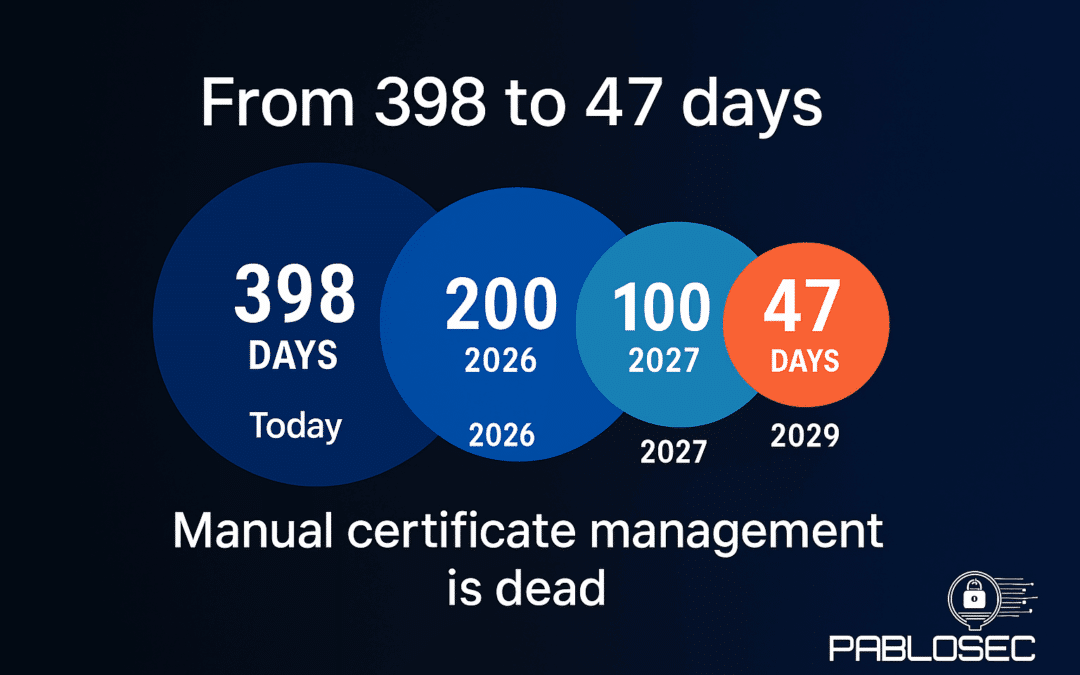Today, check-in and boarding systems at Heathrow, Brussels, and Berlin airports are experiencing major disruption due to a cyberattack. Flights are cancelled, passengers are stranded, and operations are in chaos.
While this event is dramatic, it highlights a reality that every business not just airports should pay attention to: critical operations can be taken offline by a single cyber incident.
Lessons from Today’s Incident
1. Centralization Is a Risk
Modern infrastructure depends on centralized digital services. One outage or compromise can impact thousands of users, partners, or customers.
2. Vendors Can Be a Single Point of Failure
If your critical operations depend on a third party, their security posture becomes your risk exposure. A breach on their side can stop your business as effectively as one inside your own network.
3. Manual Processes Must Exist
Automation is efficient, but when systems fail, there must be a manual fallback. If staff don’t know how to operate without the system, operations stop completely.
4. Communication Is Critical
During a crisis, clear communication with stakeholders is as important as the technical response. Chaos grows when no one knows what’s happening.
What Businesses Should Do Now
Today’s airport disruption should be a wake-up call. Every company should:
-
Identify single points of failure in their digital operations.
-
Evaluate vendor risk and require security transparency.
-
Test incident response plans — tabletop exercises aren’t optional.
-
Ensure backups and fallbacks are not only documented but practiced.
-
Monitor critical systems continuously, with alerts and escalation paths.
Final Thought
Airports may have made today’s headlines, but the next major disruption could be your business.
📌 Cybersecurity today is not only about prevention it’s about resilience.
The goal is not just to stop attacks, but to ensure your operations can survive one.






